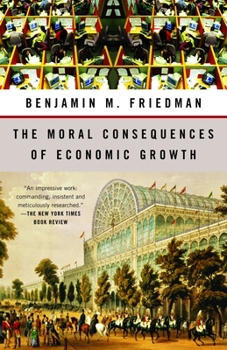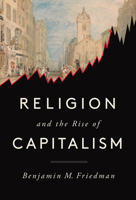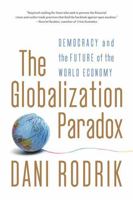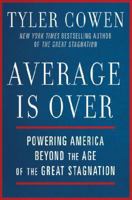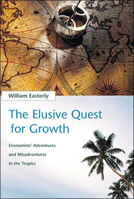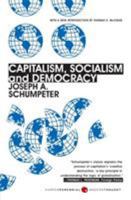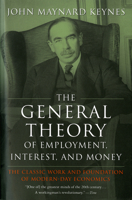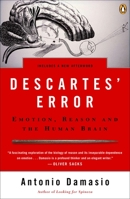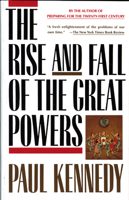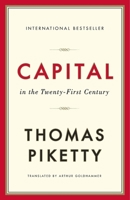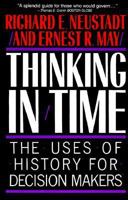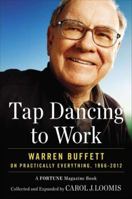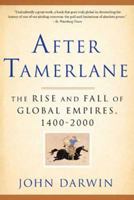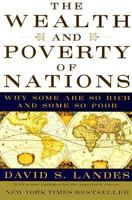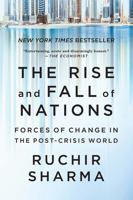The Moral Consequences of Economic Growth
Select Format
Select Condition 
You Might Also Enjoy
Book Overview
Customer Reviews
Rated 5 starsThe Chicken or the Egg?
Since the rise fascism and Bolshevism in the 1920s there has been the question of how political rights and civil liberties correspond to economic rights and growth. Amartya Sen has argued that the political rights and civil liberties should not be divorced from economic process (Development As Freedom). Sen's normative approach of equating economic rights to the freedoms one achieves with guaranteed civil liberties is...
0Report
Rated 5 starsGross Domestic Goodness
Almost everyone can agree that economic growth is good: the material benefits of more jobs, better pay, bigger houses and more money to spend on education and healthcare are indisputable. There may be a few spoilers railing against resource depletion, urban blight, and greenhouse gases, but ultimately those problems can be overcome by growth also. Now Harvard professor Benjamin Friedman argues that in addition to material...
1Report
Rated 5 starsThe richer we are the better we become
The argument that there is a link between economic prosperity and moral behavior is the central thesis of the work. The more prosperous societies are shown to be those most generous and compassionate, those least- conflict ridden. In a sense this is an extension of the old Puritan idea of chosenness by hard work and success. The successful on earth are taken to be those chosen by God for blessedness. Now it is the successful...
0Report
Rated 5 starsa worthwhile read
People who complain that books like Freakonomics are too short, elementary or filled with fluff should take a look at Friedman's Moral Consequences of Economic Growth. Not to say that this is an introduction to economics, gee-whiz or otherwise. This is a different book entirely. Focusing on how economic activity can impact human culture from a moral standpoint instead gives this book an interdisciplinary "bigger picture"...
0Report
Rated 5 starsHighly Recommended!
Although author Benjamin M. Friedman teaches economics at Harvard, this book is not mainly about economics; it is mainly about morality. Friedman goes beyond traditional academic boundaries to propose that the moral tone of various Western democratic societies is connected to their economic growth. This impressive effort may introduce you to potential connections you might otherwise have ignored. However, Friedman offers both...
0Report











